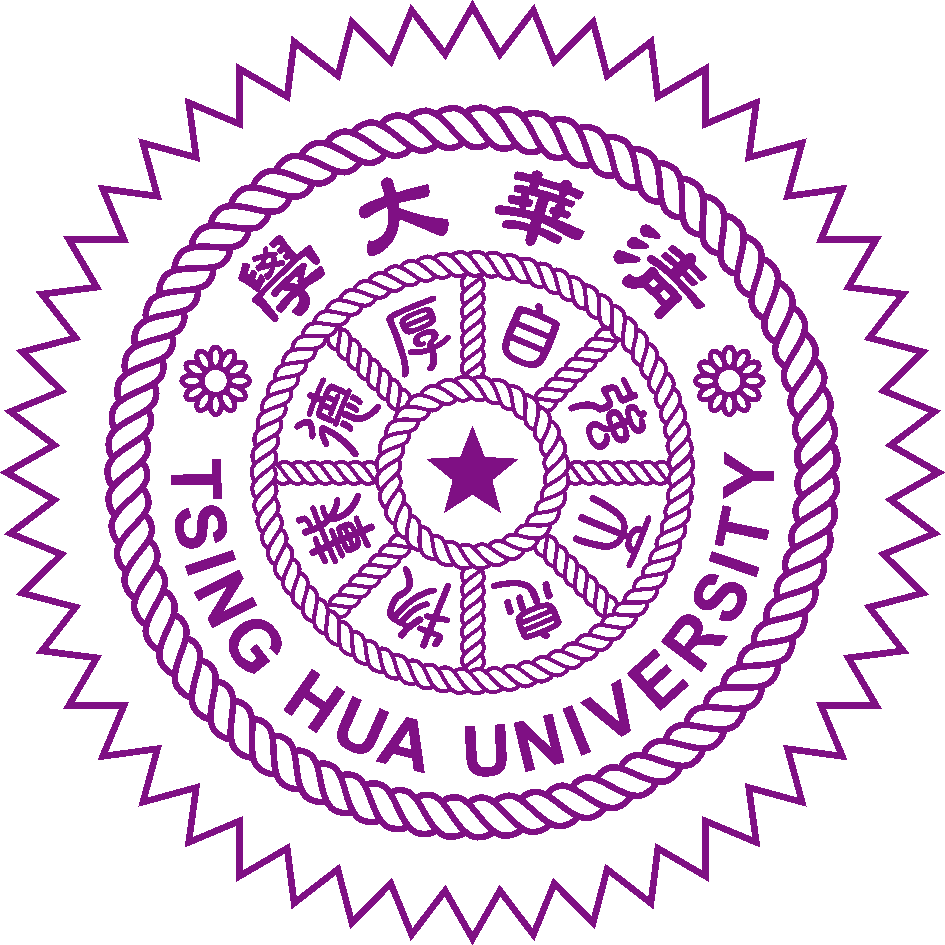National Tsing Hua University Student Financial Aid Application Guidelines
National Tsing Hua University Student Financial Aid Application Guidelines
The 10th school affairs meeting of the academic year was approved on April 17, 2017.
Amended and adopted at the 29th meeting of the School Fund Management Committee on July 18, 2011
The second school meeting of the academic year was approved on September 15, 2014.
Amended and adopted at the 42nd meeting of the School Fund Management Committee on October 13, 2014
Amended and passed at the first school meeting of the 106 school year on September 12, 2016
Revised by the Implementation Committee to Assist Disadvantaged Students in Schooling and Counseling on October 17, 2016
December 13, 106 Amended and adopted at the 55th meeting of the School Fund Management Committee
- According to the "Ministry of Education's Student Aid Plan for Disadvantaged Students in Colleges and Universities", the National Tsinghua University (hereinafter referred to as the university)'s economically disadvantaged students' participation in life service learning program and the key points for application for life scholarships are formulated.
- Criteria for allocation and issuance of living stipends:
- The number of living stipends is allocated on a college-by-college basis. The student support team of the Academic Affairs Office signs and allocates the number of living stipends for each academic year according to the budget and the amount of subsidy from the Ministry of Education .
- A living stipend of NT$6,000 is issued per student per month . Students receiving living stipends may be provided with living service studies by each college.
- Application qualifications: Students of our school who are eligible to apply for the disadvantaged scholarships for colleges and universities approved by the Ministry of Education, but those who have one of the following circumstances are not allowed to apply:
- Those who do not hold the nationality of the Republic of China.
- Those over 25 years old or under 25 years old who are taking advanced courses, credit courses, classes only at night or on holidays, or distance learning.
- Those who have received living assistance for low-income households (study living allowance), work-study bursary for indigenous students, or work-study bursary for indigenous low-income households, or other subsidies of the same nature as living expenses provided by the government in accordance with regulations, or who have received subsidies for off-campus internships.
- Those who apply for loans from banks for living expenses.
- Application procedure: The Life Guidance Team of the Office of Student Affairs will distribute the list of economically disadvantaged students to each college for selection and appointment in early May each year. Each college will allocate positions according to the school (as shown in the notes), and give priority to those with low annual family income or students with current financial difficulties, and the admission list will be sent to the Student Affairs Office for compilation .
- Life service learning plan:
- In order to cultivate the independent spirit of disadvantaged students and enhance their employment or academic abilities after graduation, each college may arrange for students receiving living allowances to participate in life service learning and formulate plans.
- The number of daily service-learning hours per week is capped at 8 hours, and shall not exceed 30 hours per month. There is no consideration relationship between the service-learning hours and the amount of daily living aid .
- The content planning of life service learning should be public, public welfare and developmental service learning activities. It should emphasize the mutual combination of "service" and "learning", and obtain the learning effect in the service process. It should not be for the purpose of obtaining compensation. Various auxiliary services.
- When applying for life service learning, relevant learning standards or specifications should be established, and the content of life service learning and related compliance matters should be stated in the application form, and students should complete it in writing.
- Develop alternative plans for fresh graduates, graduate students, students who only attend classes at night or on holidays, who drop out of school temporarily, or who are unable to complete service learning for some reason.
- have outstanding service-learning performance in the previous academic year, or whose average academic performance in the most recent semester reaches the top 30% of the department , may have their service-learning hours reduced.
- Students receiving living stipends will be disqualified if any of the following circumstances occur during their life and study period :
- Students who cannot continue to participate in life due to special accidents or illnesses.
- Those who have a poor attitude or are not adaptable to life and study.
- Those who have taken a leave of absence or dropped out of school.
The vacancy mentioned in the preceding paragraph shall be filled by the waiting list, and the living and studying period shall be until the expiration of the living and studying period of the original student.
- The funding source is funded by the school itself.
- This key point will be implemented with the approval of the School Support and Tutoring Implementation Committee for Disadvantaged Students and the School Fund Management Committee.
